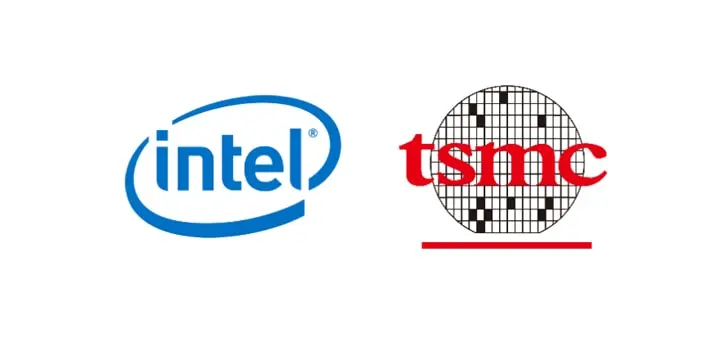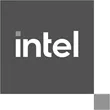Northland capital markets, a market research company, said that in manufacturing high-end semiconductors, there is only one company that can replace TSMC - Intel After years of struggling to make the latest chips, Intel is on a positive turning path, including opening the door to other companies to meet its chip manufacturing needs.

Northland's report is at Intel Released after announcing its first quarter earnings results at the end of last month, the report outlines the strong performance of its newly established third-party semiconductor manufacturing department, known as Intel foundry services (IFS).
In Intel's financial report for the first quarter of 2021, the company's revenue decreased by a little more than $1 billion a year, but due to the large capital injection of investment, this did not lead to the same decline in the bottom line income.
At the same time, the company included ifs in its list of business departments for the first time, and revealed that the revenue of the Department increased sharply by 175% every year, contributing $283 million to the overall revenue of $18 billion in the first quarter. Ifs also entered the business unit group called "emerging Department" by Intel and shared additional details of the Department in the financial report.
These details show that IFs's revenue in the first quarter of the previous fiscal year was $103 million, and the strong growth was due to strong delivery to the automotive industry. The industry was a victim of a severe semiconductor shortage last year, as the coronavirus pandemic led to insufficient chip orders, which put carmakers in trouble because the Chinese market recovered faster than originally expected. Intel also announced that as part of its IFS commitment, it had promised to provide 30 test chips for its older Intel 16 manufacturing process.
After the results were released, the research company Northland capital market released a report, which believed that Intel's position in the $100 billion OEM market was underestimated. Northland stressed that when it comes to making chips with cutting-edge processes, Intel is TSMC's only choice. In the semiconductor industry, these high-end processes refer to technologies that can reduce some sizes of transistors to 7 nm or less, while TSMC is currently commercializing its 3 nm process technology as planned.
Northland shared that with the appointment of Patrick Gelsinger, Intel's new CEO, the company has strong leadership to implement its bold IFS strategy. It also pointed out that Intel is in a market leading position in bringing advanced chip technology into the critical stage of mass manufacturing. It also mentioned the key details of Intel's leading Intel 3 and Intel 18a chip technology, saying that the test chip based on these two technologies will be designed in the second half of this year.
Northland said in the report: "INTC has 30 test chips committed to Intel 16 nanotechnology this year. INTC expects its first Intel 3 and 18a customer test chips to be tape out in the second half of 2022. Intel is working with five target anchor customers, one of which is Qualcomm. We also believe that the leadership of process technology will enable Intel to regain its lost x86 market share."
